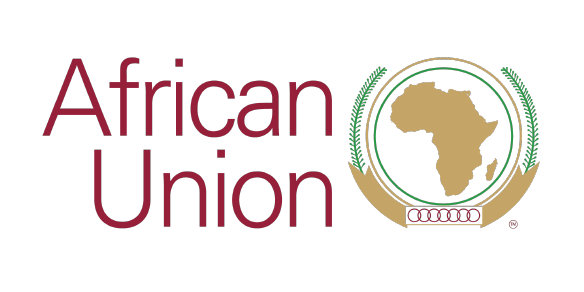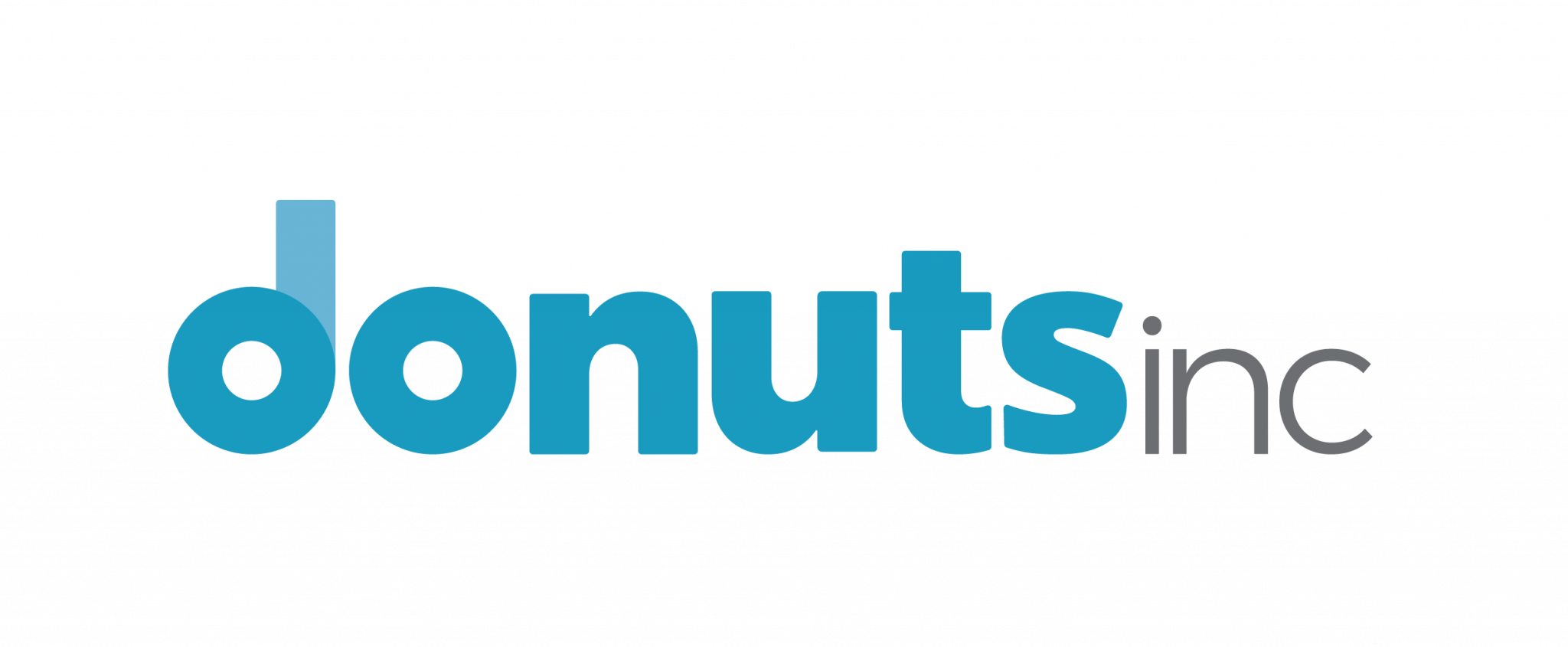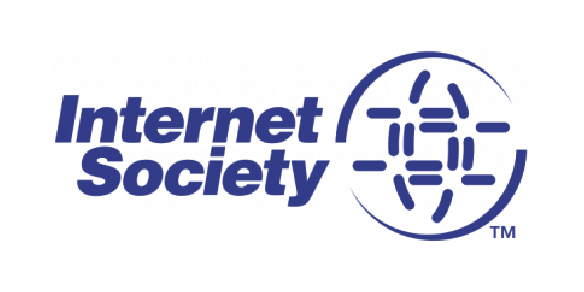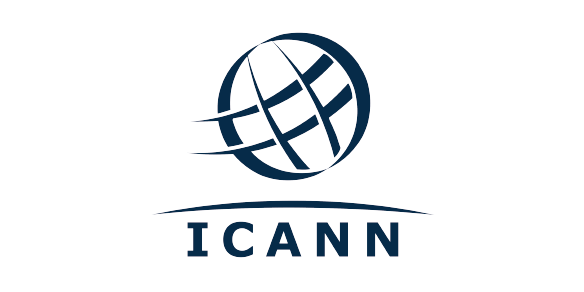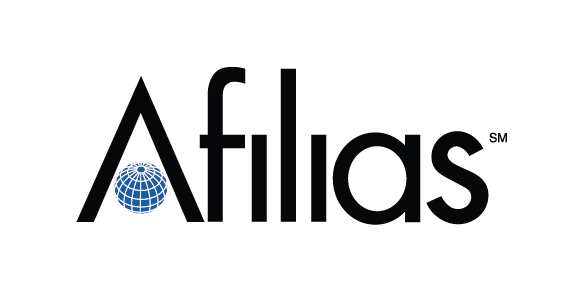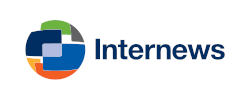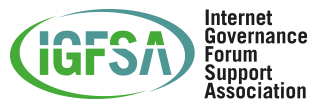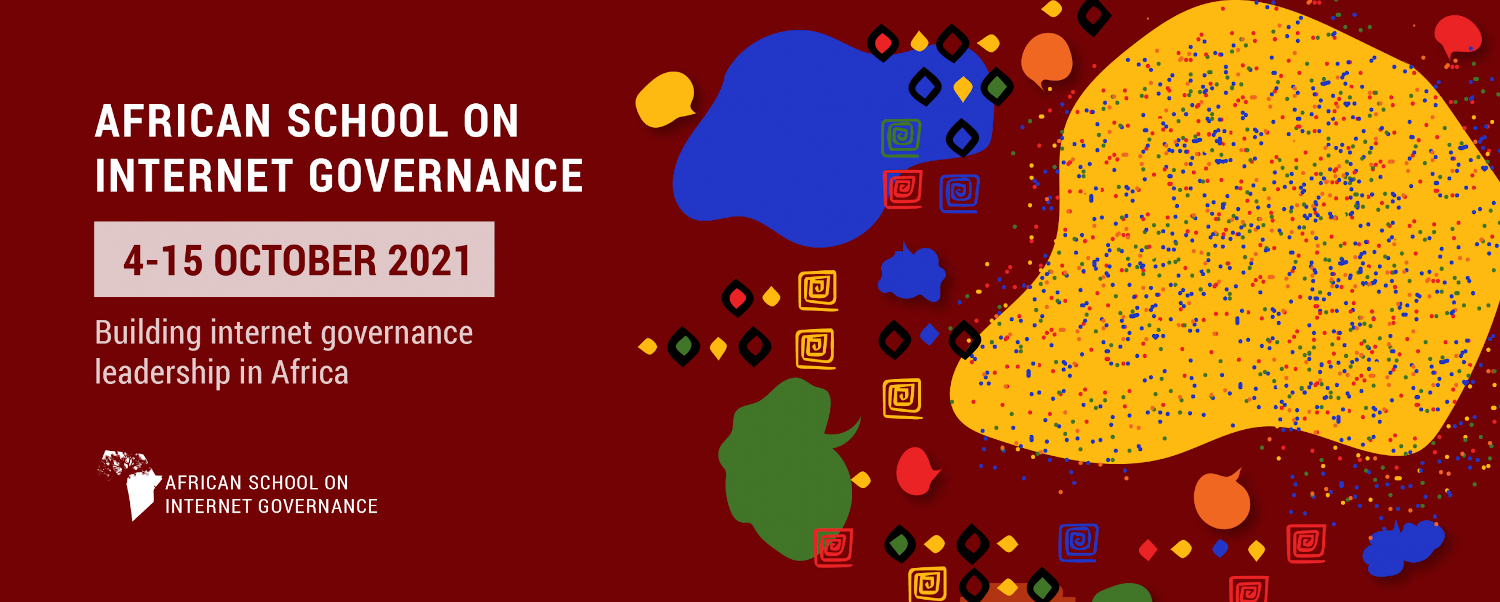
AfriSIG 2021
The African School on Internet Governance (AfriSIG) is an annual five-day course, co-convened by the Association for Progressive Communications (APC), the Information Society Division of the African Union Commission (AUC) and Research ICT Africa.
This year marked AfriSIG’s ninth edition. Given the continuing reality of the COVID-19 pandemic, the school was held virtually over two weeks from 4 to 15 October 2021.
AfriSIG’s goal is to develop a pipeline of leading Africans from diverse sectors, backgrounds and ages with the skills to participate in local and international internet governance structures and shape the future of the internet landscape for Africa's development.
Objectives:
- Build and strengthen capacity and knowledge among a diverse range of actors with a special emphasis on intergenerational leadership development.
- Build understanding and cooperation among different stakeholder groups by bringing together people from very different walks of life and institutions, from senior regulatory officials to journalists, social entrepreneurs, human rights defenders and law enforcement officers.
- Integrate gender and human rights perspectives into internet policy dialogue while enabling discussion of challenging topics in a safe and trusted learning environment.
- Strengthen and expand African participation and influence in internet governance processes in Africa and globally.
- Through AfriSIG alumni, support and initiate existing and new internet governance forums and dialogue locally, nationally and regionally.
This year, the school was set up as an interactive learning and knowledge-sharing event. It employed a mixed format of main sessions with faculty members, panel discussions with both global and regional internet experts, networking, and sunset chats.
This year’s curriculum covered:
- Digitalisation, the digital divide and data localisation.
- The internet governance ecosystem, the multistakeholder approach and internet governance forums. The role of government and intergovernmental forums.
- Internet architecture, infrastructure, standards and protocols. Management of internet names and numbers.
- Data governance: data protection, security, data flows, sovereignty and localisation.
- Internet governance and social issues: gender, human rights, political participation and access to information.
- Cybersecurity, trust and safety.
- Content regulation: self-regulation, oversight boards, national regulation, misinformation and disinformation, and cross-border content regulation and jurisdiction.
Fellows participated in a practicum that simulated a real-life multistakeholder process by tackling a current internet-related policy challenge, with the goal of arriving at an agreed solution in the form of a statement, position or policy brief.
Read AfriSIG 2021: A unique approach to Africa’s internet development for the highlights of this year’s edition.
Blogging from AfriSIG 2021: Read all the blog posts by fellows.



